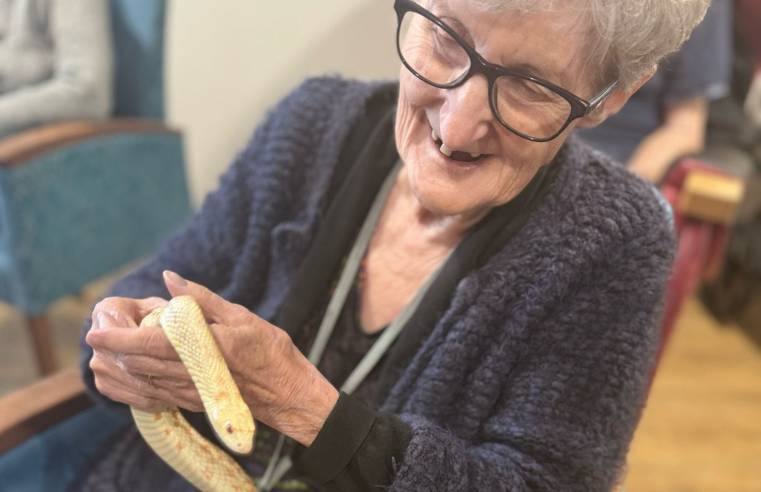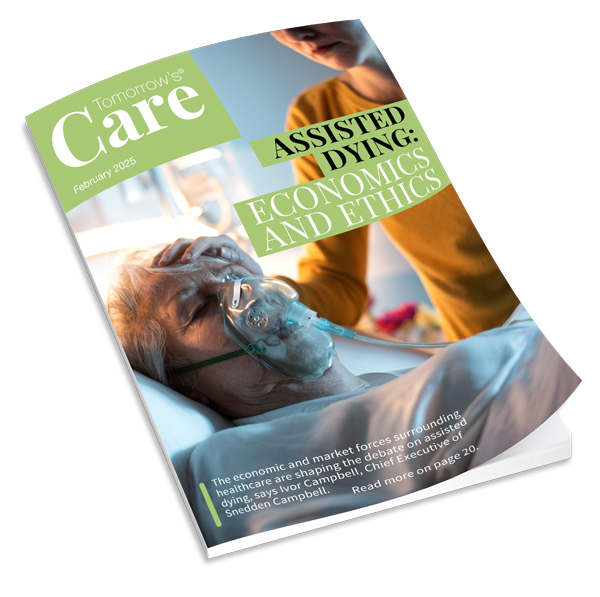Pharmacists in care homes could save NHS £135 million

Published on 24/02/2016
The Royal Pharmaceutical Society, RPS, has published a report stating that the NHS could save £135 million a year if they introduced a pharmacist into every care home across the UK.
The report, entitled ‘The Right Medicine - Improving Care in Care Homes’, states that pharmacist-led medicine reviews in care homes can improve safety for elderly residents, as well as save the NHS money by preventing avoidable hospital admissions.
The RPS, Alzheimer’s Society, The Patients Association and Care England, have backed the report calling for a pharmacist, as part of the healthcare team, to take charge of the whole system of medicines and their use within a care home to improve patient care, reduce the waste of NHS medicines and prevent harm.
Sandra Gidley, Chair of the RPS English Board said: “Care home residents take an average of seven medicines a day with some taking double or treble this amount. The number of drugs prescribed by hospital, community and out of hours care for multiple conditions can quickly mount up. Without a regular review of what’s still needed, this cocktail of drugs can cause poor health, a lower quality of life and costly unnecessary admissions to hospital.
“The evidence is clear: now is the time for the NHS to act and improve the care of residents by ensuring a pharmacist has responsibility for the whole system of medicines and their use within a care home.”
There are currently 405,000 care home residents in the UK aged over 65 with approximately 97% being prescribed at least one medication. Nearly three quarters are exposed to a minimum of one potential medicine administration error. The RPS estimates that pharmacist-led medicine reviews with residents and their families can save up to £60 million per year as a result of a pharmacist stopping, reducing, starting or changing medication.
The RPS have also estimated that pharmacist-led medicine reviews in care homes could save £190 per resident by preventing avoidable hospital admissions caused by potential drug related adverse events. When this cost saving was applied to the number of elderly care home residents across the UK on at least one medication, it was estimated that over £75 million per year could be saved.
Speaking about the report Laurie Thraves, Senior Policy Officer at Alzheimer’s Society, commented: “With 70% of people in care homes estimated to have dementia, having a pharmacist on hand to support people with the condition to manage and review their medication on a regular basis would be a welcome measure.
"Many people with dementia live with other long-term health conditions and there is a danger that, without effective management, they could end up on a number of drugs which could interact negatively with each other, exacerbating the symptoms of their dementia. Having a visiting pharmacist in care homes has the potential to both save money and improve quality of life.”
Related News
Categories
- CQC ratings
- Care home news
- Care jobs
- Care planning
- Care sector awards
- Care sector events
- Care sector news
- Care staff
- Charity
- Cleaning & Hygiene
- Construction
- Dementia
- Disability
- Entertainment
- Finance
- Fitness
- Food & Drink
- Fundraising
- Furniture
- Health & Safety
- Healthcare
- Hospice & Palliative Care
- Hospitals
- Industry Comment
- Interiors
- Laundry
- Legal
- Leisure
- Medication
- Mental Health
- Mobility
- New appointments
- PPE
- Products
- Property
- Recruitment
- Relationships
- Research
- Safeguarding
- Security
- Services
- Social care
- Sustainability
- Technology
- Training
- Transport
- Uniforms
- Waste
- Wearables

























